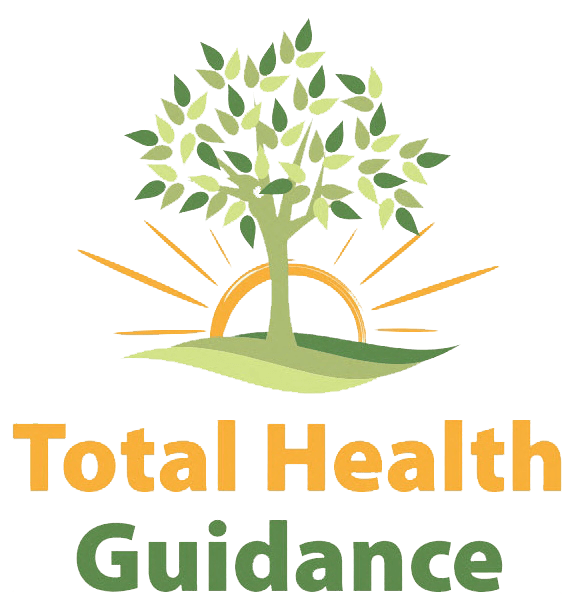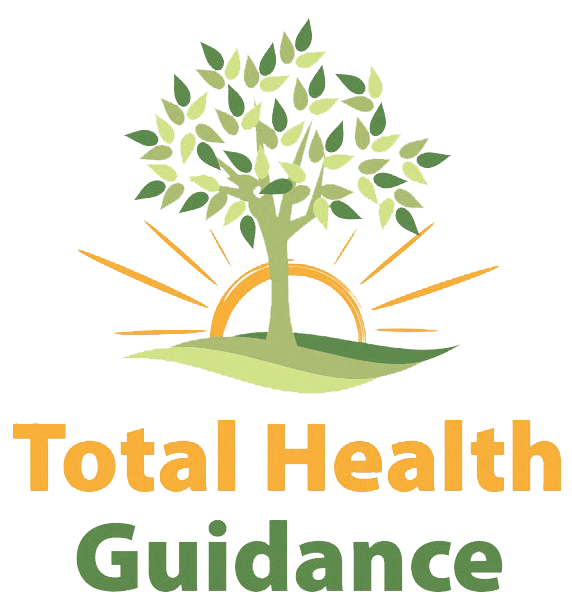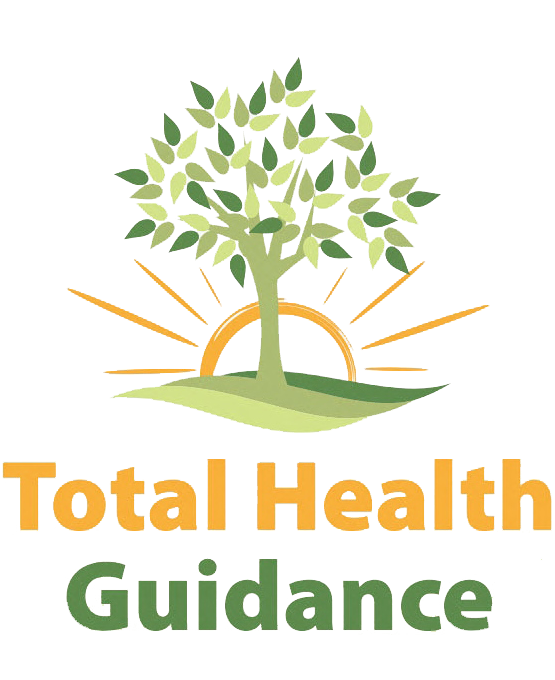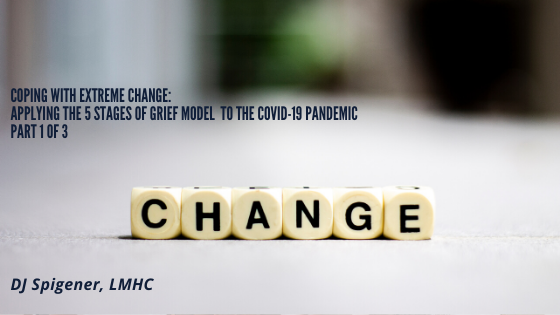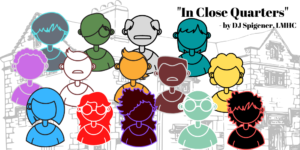Applying the 5 Stages of Grief Model to the COVID-19 Pandemic (Part 1 of 3)
by DJ Spigener, LMHC
Since March 2020, the U.S. has been facing a national health crisis which is unprecedented in recent history. Phrases such as “social distancing”, “personal protective equipment”, and “flatten the curve” have become ubiquitous, while many families are facing new challenges related to employment, socialization, or childcare. Our normal routines are anything but “normal” right now.
In such tumultuous and unfamiliar times, it is important to remind ourselves that the loss of normalcy, routine, and predictability we have all experienced can have a profound impact on us and those around us. Each of us may react in different ways, and at different paces, to this disruption in our lives. In order to better understand the reactions many of us may have to these profound changes, it is helpful to view the loss of normalcy through the lens of the Five Stages of Grief Model (originally created by Kubler-Ross).
We will be covering two of the typical stages of this model in today’s article: Denial and Anger.
- Denial: For many of us, the initial news reports detailing the rapid spread of the novel coronavirus were shocking. The potential impact such an outbreak could have on our daily lives, our health, and our families was constantly looming. When a person is faced with a situation or reality that is overwhelming or upsetting, Denial is often the initial defense mechanism that arises in opposition to what is deemed unacceptable.
Currently, this Denial may take different forms: People who actively avoid learning important information from national and world health organizations even though such information may be essential to keeping themselves and others safe, people who downplay the severity of the outbreak despite evidence to the contrary, people who refuse to have conversations with family members or friends about the pandemic, or people who decline to follow safety guidelines in spite of clear data showing the beneficial impacts of following these guidelines.
While it may be difficult to be understanding of those around us who appear to be stuck in the Denial stage, it is important to not react with aggression or judgment if we want to support them in moving forward in the Grief Process. Having patience and empathy for their personal struggles during this crisis is more likely to foster openness to new information, new ideas, and acceptance of the loss we are all faced with.
- Anger: Typically, the Stage of Grief that follows Denial in most cases is Anger. Once an individual is no longer able to continue denying the mounting evidence of change and loss around them, Anger is an expected reaction. The individual generally is still unwilling to accept the new reality they are faced with and may begin to lash out at those they feel are responsible for this unavoidable loss.
In the current pandemic, there are many targets to direct our anger towards: Nations which have been blamed for originating and/or spreading the virus, politicians who we may feel are to blame for policies or responses which seemingly worsen the problem, officials who have created public health and safety guidelines which we feel are unfair or unnecessary, and even the people around us who appear to not take the dangers seriously, potentially exposing the rest of us to risk of infection.
As with the previous Stage of Grief, Anger is an understandable response to a reality which is deemed unacceptable. Frustration, confusion, fear, uncertainty, and many other emotions are often masked by Anger. Patience and empathy for a person’s individual journey of grief are necessary if we hope to facilitate continued growth.
In our next article, we will focus on two more Stages of Grief: Bargaining and Depression. Stay tuned for more information!

